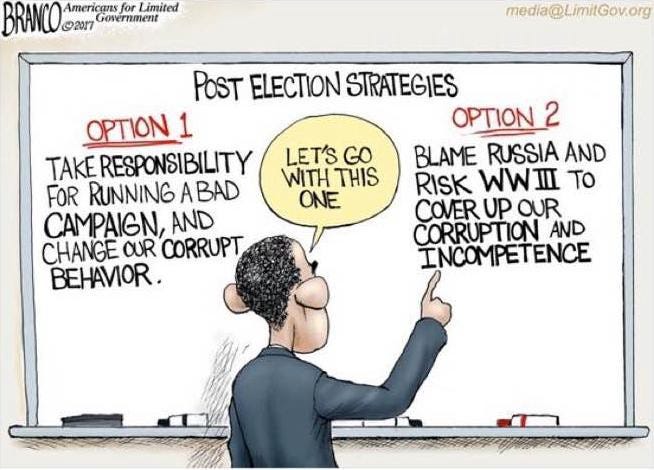Who Can Beat Donald Trump
9 2020

When looking at the 2020 candidates for the Democratic nomination, you might already know whom you want to support, based on your ideals. If not, I created a “potentially sane” guide for progressives that meticulously compares the candidates on issues, records, promises, and ethics.
But putting aside our ideals for a minute, which candidate is best positioned to actually win a general election against Donald Trump?
To answer this important question, I researched the general elections we’ve had so far in this century. Based on my findings, I assess each candidate below with a percentage chance of beating Trump in November.
If you’re in a hurry, you can skip the research and explanation of my criteria, and go straight to the assessments of the candidates.
HOW TO DETERMINE ELECTABILITY IN 2020
If you’ve paid a nonzero amount of attention to presidential races, you know there’s this thing called the Electoral College that ensures only a handful of “swing states” determine the winner. In essence, states rather than people vote, and since we already know today how 44 or so of the 50 states will vote based on a preponderance of voters of one or the other party, we really only have to look closely at a half-dozen or so “swing states” to know who will win the whole race.
As far as swing states go in 2020, based on current demographic trends, it’s Wisconsin, Michigan, Pennsylvania, Florida, North Carolina, and Minnesota that will be the most momentous of these “undecided” states. What’s going on in these states? Well, the crux of it is this: roughly one-third of the voters in swing states are registered Democrats; one-third are registered Republicans; and the other third are independents who often don’t vote. Let me say that again, a third of voters in swing states are independents, and they often don’t vote. Basically, any candidate will get their party’s faithful third of the electorate. The question is: Who gets more independents off the couch to vote? That’s who wins.
The Electoral College isn’t quite the whole story, though. Voters outside of swing states do matter in presidential races. Several important things carry across state lines: Money, Movements, and Enthusiasm. To wit, just because in 2008 I lived in California, a “blue” state that was surely going for Obama, didn’t mean that I had no impact on that race. I donated money to the campaign, I wrote to friends and family about the movement to elect Obama, and I cared enough to travel to Nevada to knock on doors and convince voters to support Obama.
So if you combine an awareness of the Electoral College, research into independent voter statistics, and an assessment of each candidate’s ability to generate money, enthusiasm, and a political movement, you get a pretty good pragmatist’s sense of how strong a candidate will be in a presidential election.
Be the first to comment >
Posted in Peaceful Revolution | Politics
by Tony Brasunas on January 9, 2020





Connect & Share